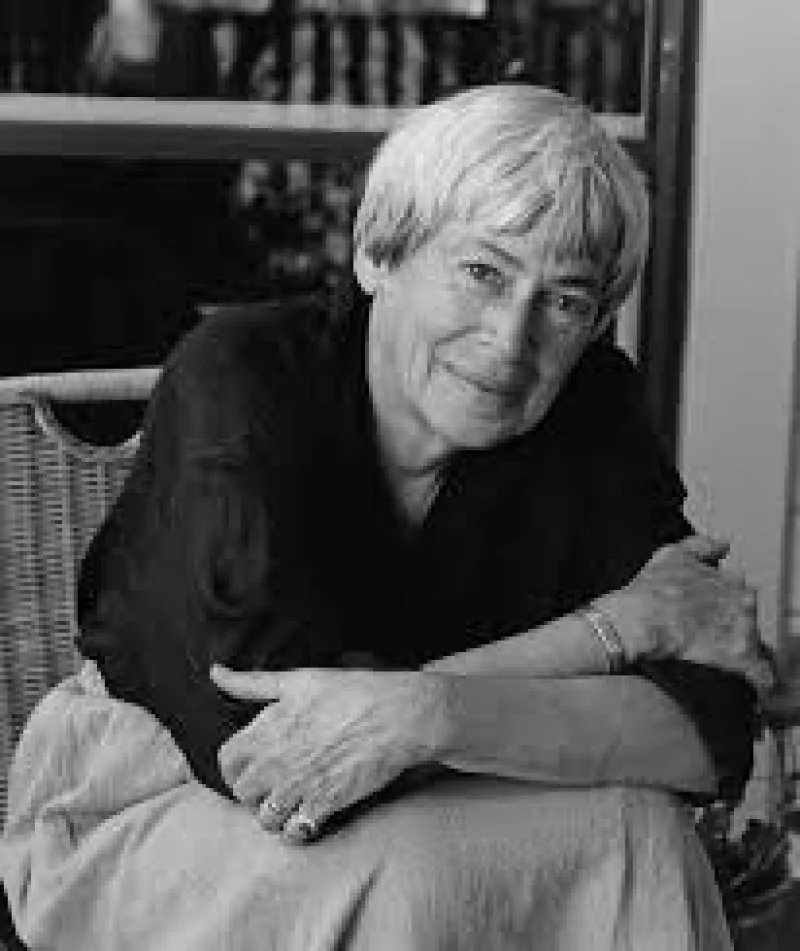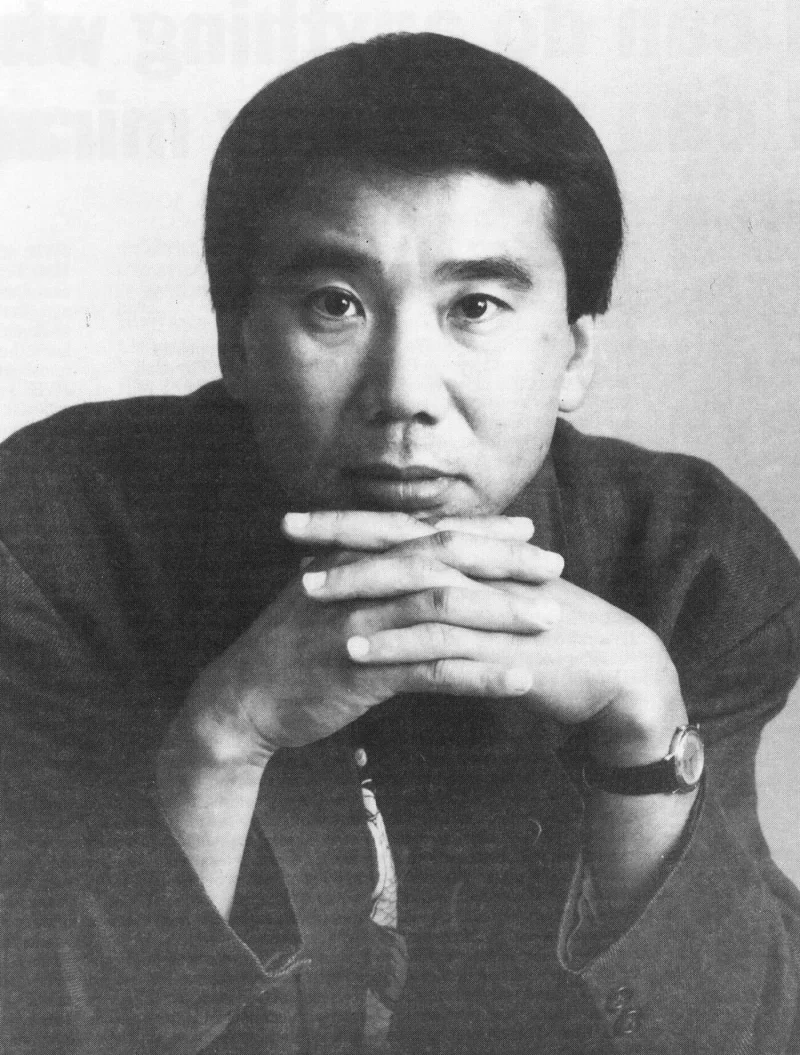Short Summary
Ursula K. Le Guin was an influential American author renowned for her groundbreaking contributions to the science fiction and fantasy genres. She is best known for her Earthsea series and the Hainish Cycle, works that explore complex themes of gender, society, and humanity. Le Guin's expansive imagination and literary prowess earned her numerous prestigious awards, solidifying her place as one of the most celebrated authors of the 20th century. Her work continues to inspire readers and writers around the world.
Early Life & Education
Born on October 21, 1929, in Berkeley, California, Ursula K. Le Guin was the daughter of anthropologist Alfred L. Kroeber and writer Theodora Kroeber. Her childhood was steeped in a rich intellectual environment, where she was exposed to literature, anthropology, and a diverse array of cultural influences. Le Guin attended Radcliffe College, where she earned a Bachelor of Arts in Renaissance French and Italian Literature. She later pursued a Master of Arts in French and Italian literature from Columbia University. This academic background laid the foundation for her later work, combining her literary talents with a deep understanding of human cultures and societies.
Career Highlights
Le Guin's literary career took off with the publication of her first novel, "Rocannon's World," in 1966. She gained significant recognition with the publication of "A Wizard of Earthsea" in 1968, marking the beginning of her celebrated Earthsea series. Her 1969 novel, "The Left Hand of Darkness," further established her reputation, winning both the Hugo and Nebula Awards. Le Guin continued to produce a prolific body of work, including novels, short stories, essays, and poetry, that explored themes of gender, identity, and power. Her innovative storytelling and philosophical depth set her apart as a luminary in speculative fiction.
Major Achievements
- Won the Hugo and Nebula Awards for "The Left Hand of Darkness," a landmark in science fiction literature.
- Published "A Wizard of Earthsea," a highly influential fantasy novel for young adults.
- Received the National Book Foundation Medal for Distinguished Contribution to American Letters in 2014.
- Authored the Earthsea series, which has become a classic in fantasy literature.
- Garnered the Locus Award multiple times for her exceptional works in science fiction and fantasy.
Famous Quotes
- "The only thing that makes life possible is permanent, intolerable uncertainty; not knowing what comes next."
- "It is good to have an end to journey toward, but it is the journey that matters in the end."
- "We read books to find out who we are. What other people, real or imaginary, do and think and feel is an essential guide to our understanding of what we ourselves are and may become."
Interesting Facts
- Le Guin's parents greatly influenced her, with her father's work as an anthropologist inspiring her interest in different cultures.
- She was rejected by several publishers before her first novel was accepted for publication.
- Le Guin was an advocate for exploring gender through her work, challenging traditional norms and roles.
- Her Earthsea series has been adapted into various media, including a miniseries and animated film.
- She was named a Grand Master of Science Fiction by the Science Fiction and Fantasy Writers of America in 2003.
Legacy / Influence
Le Guin's legacy is profound, influencing countless authors and readers through her exploration of complex themes such as gender, power, and identity. Her ability to transcend genre boundaries has broadened the scope of science fiction and fantasy literature. Her work continues to be studied in academic settings, and her innovative storytelling inspires new generations of writers to push the boundaries of speculative fiction.
FAQ
Q: Why is Ursula K. Le Guin famous?
A: She is famous for her contributions to the science fiction and fantasy genres, particularly her Earthsea series and the novel "The Left Hand of Darkness."
Q: What are some of her notable awards?
A: She won the Hugo and Nebula Awards, among others, and received the National Book Foundation Medal for Distinguished Contribution to American Letters.
Q: What themes did she often explore in her work?
A: Her works frequently explore themes of gender, identity, society, and power.
Q: Did she receive any honors for her contribution to literature?
A: Yes, she was named a Grand Master of Science Fiction by the Science Fiction and Fantasy Writers of America.










